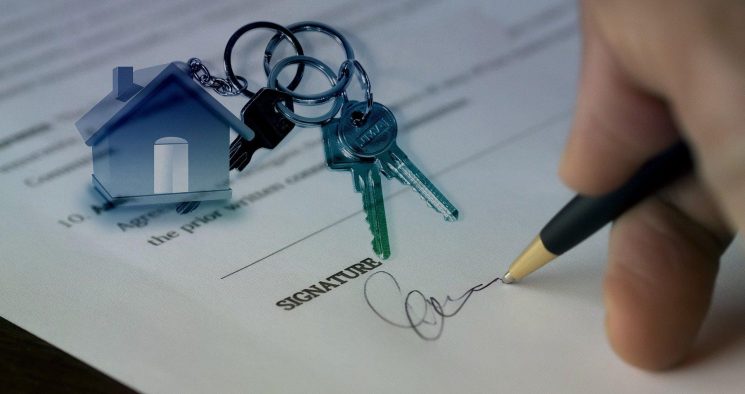It’s not easy to become a landlord, otherwise, everyone would be doing it. You don’t need to take just the traditional route to become a landlord, though. All it takes is patience, some imaginative thinking, a couple of people willing to work with you and a professional real estate lawyer to draw up your deals. Below are some options you can explore:
Seller Financing
Operating conventionally, you will have a ready source of cash to make the down payment on your first investment house. If you don’t have cash in hand, however, you can still make a bid on a property in which the seller funds the transaction.
In return, you can make a variety of concessions, such as bigger monthly instalments for a specified period of time, to help the seller recover the down payment they will forgo. Then you can refinance it in a conventional way and buy the seller out after appreciation has helped you to create equity in the land.
Only make sure that the contract you are entering lets you to rent out the property and, in the process, produce a positive cash flow.
Lease with the Option to Buy
In this case, you will make an agreement with the seller to lease the property at a certain cost, for a certain period of time, with the option to purchase it at the end of the contract. A part of your annual lease payments will then be counted against the purchase price.
You may be able to work out an agreement that credits a portion of your monthly lease payment against tan eventual down payment. You can then apply for a traditional loan once you have reached the amount, with your lease equity acting as your down payment.
Just make sure you agree upfront on a purchase price, have permission to sublet and your lease payment leaves room for positive cash flow generation.
Assume an Existing Mortgage
It is a simple way to get into a property with limited cash outlay if the seller’s mortgage allows. Keep in mind that you need to have a strong credit rating. The financial institution will scrutinize you as closely as they would if you were to come to them on your own for a home loan. The only difference is the seller works with you as something of a co-signer. The house and the mortgage will return to the lender if you default.
Take in A Boarder
If you already own a house and want to invest in real estate, but don’t have the cash to make a down payment, rent out one of the rooms in your home. For this, it is better to rent out privately and not use a letting agent to avoid you losing some percentage to the agent.
You will then use the cash that you collect to act as a potential down payment on a rental property with full rights – this is an aspect you should give careful consideration to when you become a landlord, as there are pros and cons to it. Also, you should consider whether you have the requirements to be a private landlord.
Partner with Family and Friends
Consider assembling a consortium of family and friends who have enough cash to make a down payment together if you have a knack in getting along well with people and are good at fixing little things that go wrong around the house.
Offer to manage their property as compensation for allowing you to participate in the project. You’ll locate the property and manage all of the landlord’s physical operations, while your investors serve as silent partners.
Sure, when you have the cash at hand things are much easier. But even if you don’t, but are determined enough, you too can become a landlord.





